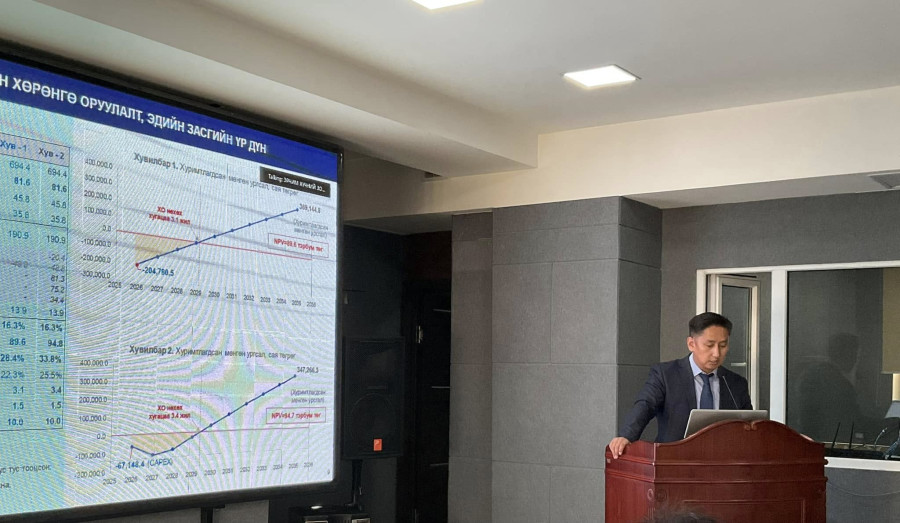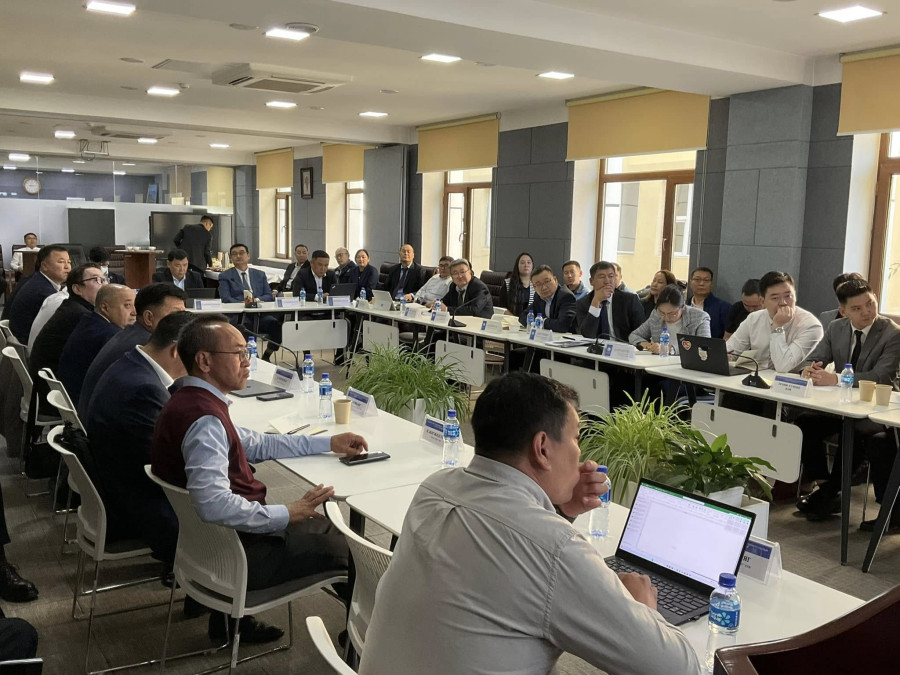A workshop on “Smart Meter Modernization and Regulation”

Today (September 17), the Energy Regulatory Commission organized a discussion under the theme “Smart Meter Modernization and Regulation.” This event is one of a series of measures aimed at ensuring reliable supply of quality electricity to consumers, reducing distribution losses, and improving efficiency and savings.
The discussion was attended by representatives from the Ministry of Energy, the National Dispatching Center SOE, Ulaanbaatar Electricity Distribution Network SOE, Capital Distribution Network LLC, Uzbekistan’s Tosh electro apparat LLC, Gerege Systems LLC, as well as more than 100 representatives from 26 companies engaged in electricity distribution and regulated electricity supply. Participants exchanged views on the application and benefits of smart meters in the energy sector, the outcomes of project implementation, and new solutions.

They also discussed regulatory and legal frameworks, and provided recommendations on improving the payment settlement system and enabling consumers to better manage and monitor their energy consumption.
As of today, electricity sales nationwide are carried out through 1,016,817 meters serving 974,311 consumers in Mongolia. By the first half of 2025, a total of 386,324 meters—representing 38 percent of all consumers—have been upgraded to smart meters. Going forward, the remaining 630.5 thousand meters, or 62 percent, are planned to be fully upgraded by 2028.

As a result, consumers will benefit from access to accurate information at any time, enabling them to monitor and save on their consumption, make payments regardless of location, utilize renewable energy sources such as solar and wind, and receive fast and efficient services without inconvenience. For the energy sector, this progress will allow for optimal planning of consumer demand, tariff regulation based on actual consumption, real-time monitoring of distribution and usage, reduction of losses and illegal consumption, and improvement of financial capacity. Altogether, these advancements will establish the foundation for transitioning toward a “Smart Grid” in the future.